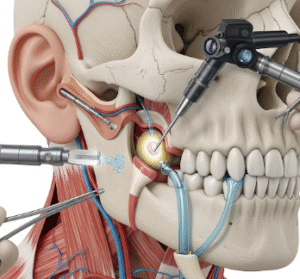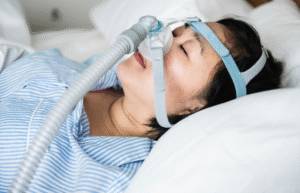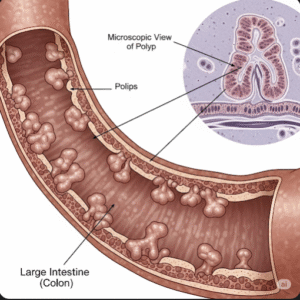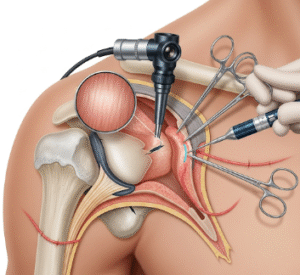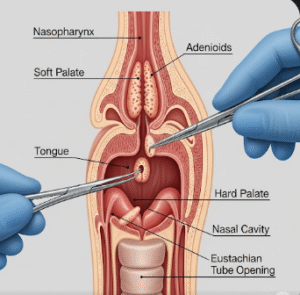Overview
Dehydration occurs when the body loses more fluids than it takes in, disrupting normal bodily functions. It can range from mild to severe and can affect anyone, especially the elderly, infants, and individuals engaging in strenuous activity. In Korea, dehydration is commonly treated in emergency departments and internal medicine clinics at hospitals such as Seoul National University Hospital, Asan Medical Center, and Samsung Medical Center, particularly during hot summer months or in cases of gastrointestinal illnesses.
What is Dehydration?
Dehydration is a medical condition caused by insufficient fluid in the body, leading to impaired circulation, electrolyte imbalance, and reduced organ function. It can be caused by excessive sweating, vomiting, diarrhea, fever, or inadequate fluid intake. Both acute and chronic dehydration can have serious health consequences if not addressed promptly.
Symptoms
- Thirst and dry mouth
- Dark-colored urine or decreased urine output
- Fatigue or weakness
- Dizziness or lightheadedness
- Rapid heartbeat or low blood pressure
- Dry skin and decreased skin elasticity
- Confusion or irritability in severe cases
Causes
- Excessive sweating during hot weather or exercise
- Gastrointestinal losses due to diarrhea or vomiting
- Fever or infections
- Inadequate water intake
- Certain medications (diuretics, laxatives)
- Chronic illnesses like diabetes or kidney disease
Risk Factors
- Infants and young children
- Elderly individuals with reduced thirst sensation
- Athletes or outdoor workers in hot environments
- Chronic illness affecting fluid balance
- Alcohol consumption leading to diuresis
- Use of medications that increase fluid loss
Complications
- Electrolyte imbalance leading to muscle cramps or cardiac arrhythmias
- Low blood pressure and shock in severe cases
- Kidney failure due to insufficient perfusion
- Confusion, delirium, or seizures in severe dehydration
- Coma or death if untreated
Prevention
- Regular intake of water and fluids throughout the day
- Increased hydration during exercise or hot weather
- Monitoring for early signs of dehydration in at-risk populations
- Oral rehydration solutions for children and patients with diarrhea
- Balanced diet including fruits and vegetables with high water content
- Avoid excessive alcohol or caffeinated beverages
Treatment Options in Korea
Treatment focuses on restoring fluid and electrolyte balance and managing underlying causes.
- Diagnosis
- Physical examination for signs of dehydration
- Blood tests to assess electrolyte levels, kidney function, and hematocrit
- Urine analysis for concentration and output
- Assessment of fluid intake and losses
- Medical Treatments
- Oral rehydration therapy (ORS) for mild dehydration
- Intravenous (IV) fluids for moderate to severe dehydration
- Electrolyte supplementation as needed
- Management of underlying causes such as infections or diarrhea
- Hospital Care and Supportive Treatment
- Monitoring of vital signs and urine output
- Oxygen therapy in severe cases
- Nutritional support if prolonged fluid loss affects intake
- Specialized Hospitals in Korea
- Seoul National University Hospital – Emergency and internal medicine
- Asan Medical Center – Critical care and hydration management
- Samsung Medical Center – Comprehensive treatment including electrolyte correction
- Local clinics for outpatient management of mild dehydration
- Long-Term Follow-Up
- Education on adequate daily fluid intake
- Monitoring for recurrent dehydration in patients with chronic illnesses
- Dietary guidance to maintain electrolyte balance
- Prevention strategies during hot weather or illness


